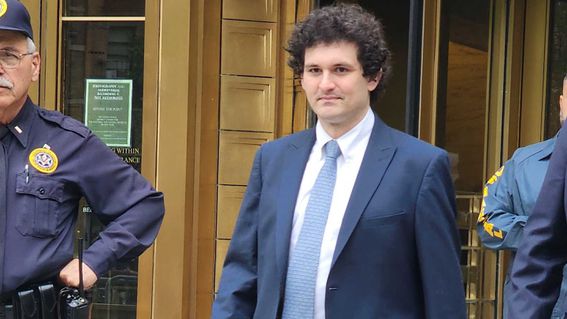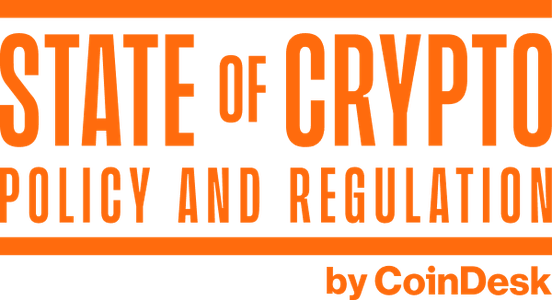Sam Bankman-Fried Lawyers ‘Need’ Him Out Of Jail Ahead of Trial, They Tell Judge


Drive the Crypto Policy Conversation Forward
October 24, 2023 • Convene • Washington D.C.Where the industry establishes the digital economy’s legal, regulatory and compliance best practices for the future.Register Now
Sam Bankman-Fried’s criminal defense team failed to win any major concessions Wednesday in a hearing that focused on his claimed difficulties in preparing for his October trial from the confines of a Brooklyn lockup.
The former FTX CEO, who was sent to New York City’s Metropolitan Detention Center after his bail was revoked earlier this month, has limited internet access and subpar laptop tech specs to sift through the mountain of pretrial evidence, his lawyers argued. They pushed for their client to be released from jail in order to prepare his defense.
“It’s just the fact of the reality that we haven’t been able to make effective use of our client’s time,” one of Bankman-Fried’s lawyers, Christian Everdell, said. “We’re at that point – we need” him to be released.
But the federal judge overseeing his case, Judge Lewis Kaplan of the Southern District of New York, was unpersuaded Wednesday and declined to grant them their biggest ask. Instead, he gave both parties until next Tuesday to brief him on the conditions in Brooklyn’s MDC facility so that he could decide whether to grant Bankman-Fried temporary release.
Held over teleconference, the relatively speedy hearing also saw Judge Kaplan reject other major requests put forward by the defense. When they told him the government was dumping millions of discovery documents on them weeks ahead of the trial – at a time when their locked-up client could not actually review the material – he denied their request to preclude all documents produced after July 1.
Judge Kaplan said the defense could ask to postpone the start of the trial if they wanted more time to review, even though there is no guarantee that he would grant such a motion. However, they would have to do so before Sept 7, which is when the jury selection process would start. “I’m simply putting all the cards on the table,” he said. Earlier in the hearing the defense said it was not interested in a delay.
Jailhouse blues
During the call the defense, Judge Kaplan and prosecution took turns sparring over the conditions in MDC, including Bankman-Fried’s laptop’s battery life and internet access. The government said it was making every effort to fix Bankman-Fried’s jailhouse tech dilemmas, but the defense pushed back, arguing their “solutions do not pan out in practice.”
At one point, Judge Kaplan proposed to fix Bankman-Fried’s battery woes (his laptop cannot hold a charge) with a seemingly obvious solution: “It’s called an extension cord.” But federal prosecutors said the Bureau of Prisons would not let an extension cord into the jail for security and safety reasons.
Bankman-Fried was jailed in early August for attempted witness tampering. At the time, Judge Kaplan said the 31-year-old defendant was “willing to risk crossing the line” and revoked his bail, an uncommon move in criminal proceedings. He’s been in Brooklyn’s Metropolitan Detention Center ever since.
Last Friday, his attorney filed a motion asking for a temporary release ahead of trial or alternatively, to allow Bankman-Fried to meet with his defense team five days a week, arguing that it is his constitutional right to have a fair trial.
His defense team argued that him being in jail would interfere with his “right to participate in his own defense.” They also requested access to a laptop and internet in order to review documents ahead of trial. In filings ahead of the hearing, defense attorney Christian Everdell argued that the laptop currently provided didn’t have a powerful enough battery to last through an entire review session, and the internet connection was too weak to be of much service.
Prosecutors said they shared information about the laptop battery with defense counsel to allow them to purchase a replacement, saying the government procurement process would take too long. The internet issues would be more difficult to resolve because the cell block was not designed to allow for 5G internet access, assistant U.S. attorney Danielle Kudla told the judge.
Edited by Nikhilesh De.
